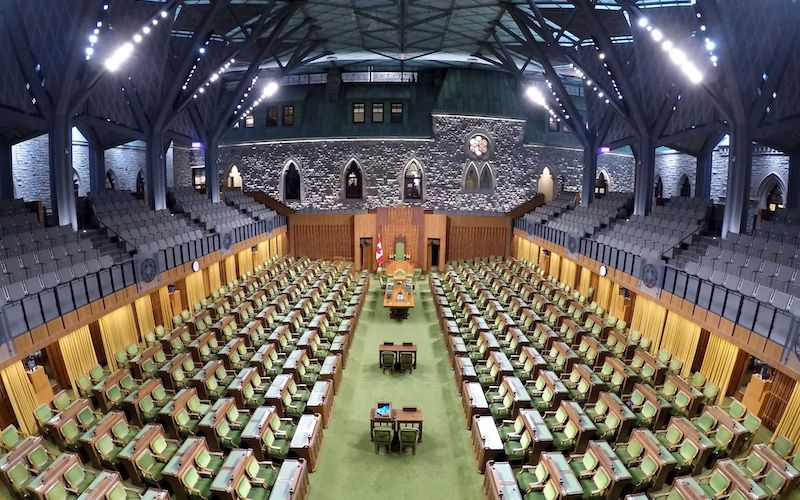
Updated: On December 10, 2020 Bill C-7 got majority support in the House of Commons and now goes before the Senate.
On October 21st, I spoke in the House of Commons on Bill C-7: An Act to amend the Criminal Code (Medical Assistance in dying).
Bill C-7 would:
- Remove the requirement for a person’s natural death to be reasonably foreseeable in order to be eligible for MAID;
- Create two sets of safeguards that must be respected before MAID is provided:
- For persons whose natural death is reasonably foreseeable, the existing safeguards would remain
- First, the 10-day reflection period would be eliminated.
- Second, the request for medical assistance in dying will no longer require the signature of two independent witnesses, just one.
- For persons whose natural death is reasonably foreseeable, the existing safeguards would remain
- For persons whose natural death is not reasonably foreseeable, the existing safeguards with some additional ones would apply.
- The bill proposes a minimum 90-day assessment period, which would require that at least one of the practitioners assessing eligibility has expertise in the condition that is causing the person’s intolerable suffering.
- Specify that persons whose sole underlying medical condition is a mental illness are not eligible for MAID;
- Allow waiver of final consent for eligible persons whose natural death is reasonably foreseeable and who may lose the capacity to consent before MAID can be provided;
- Expand data collection through the federal monitoring regime to provide a more complete picture of MAID in Canada.
- Create two sets of safeguards that must be respected before MAID is provided:






